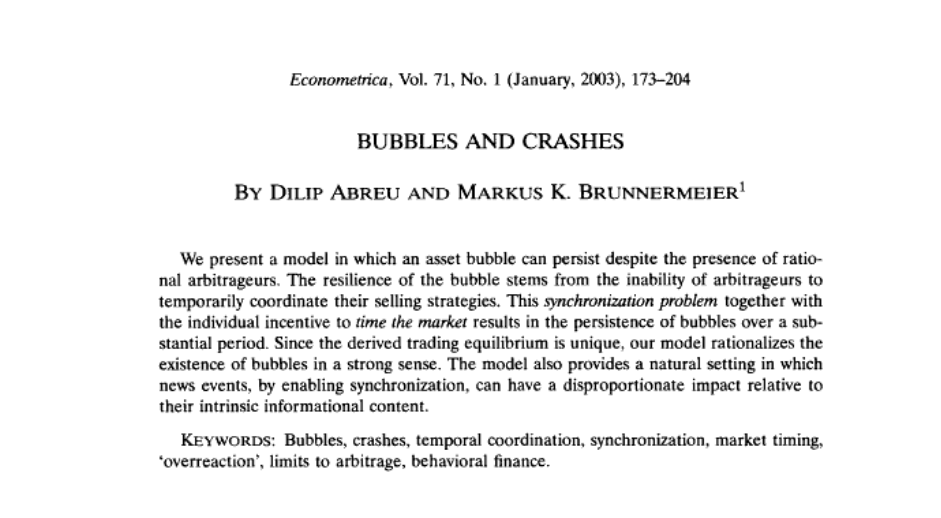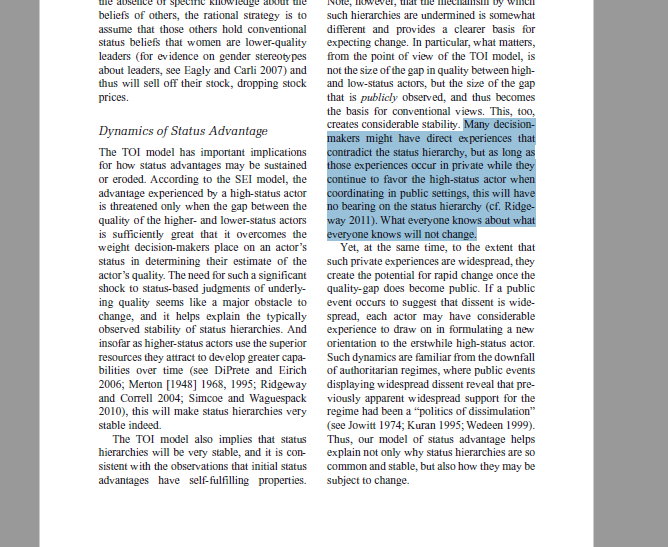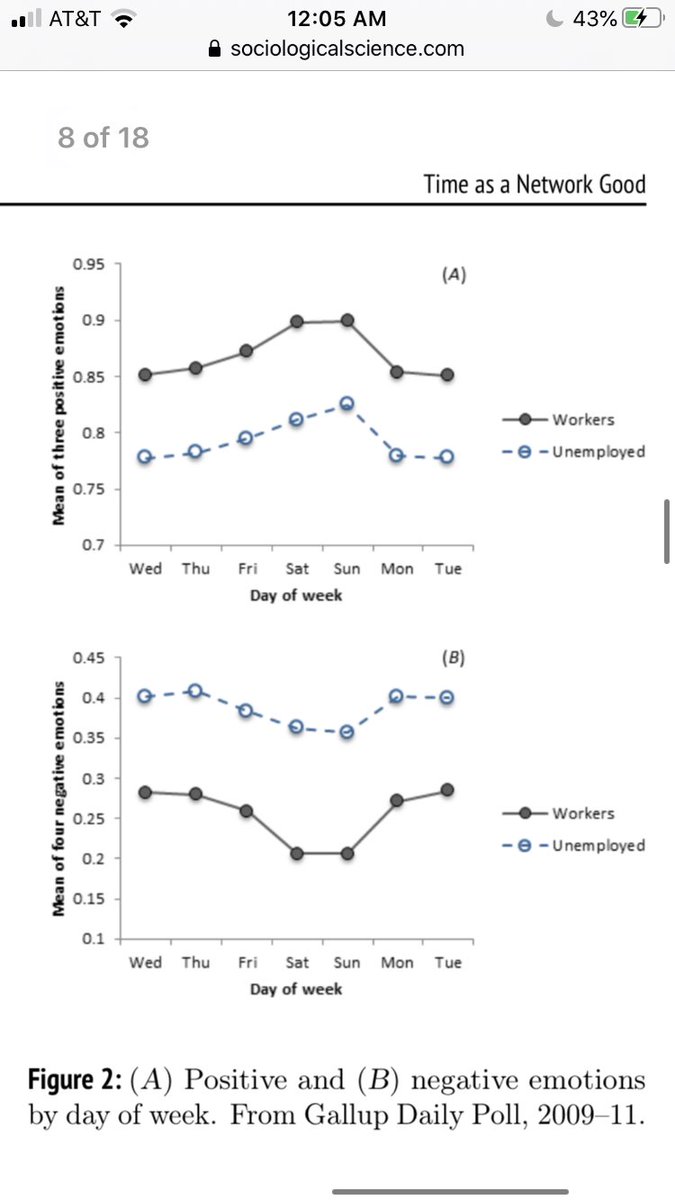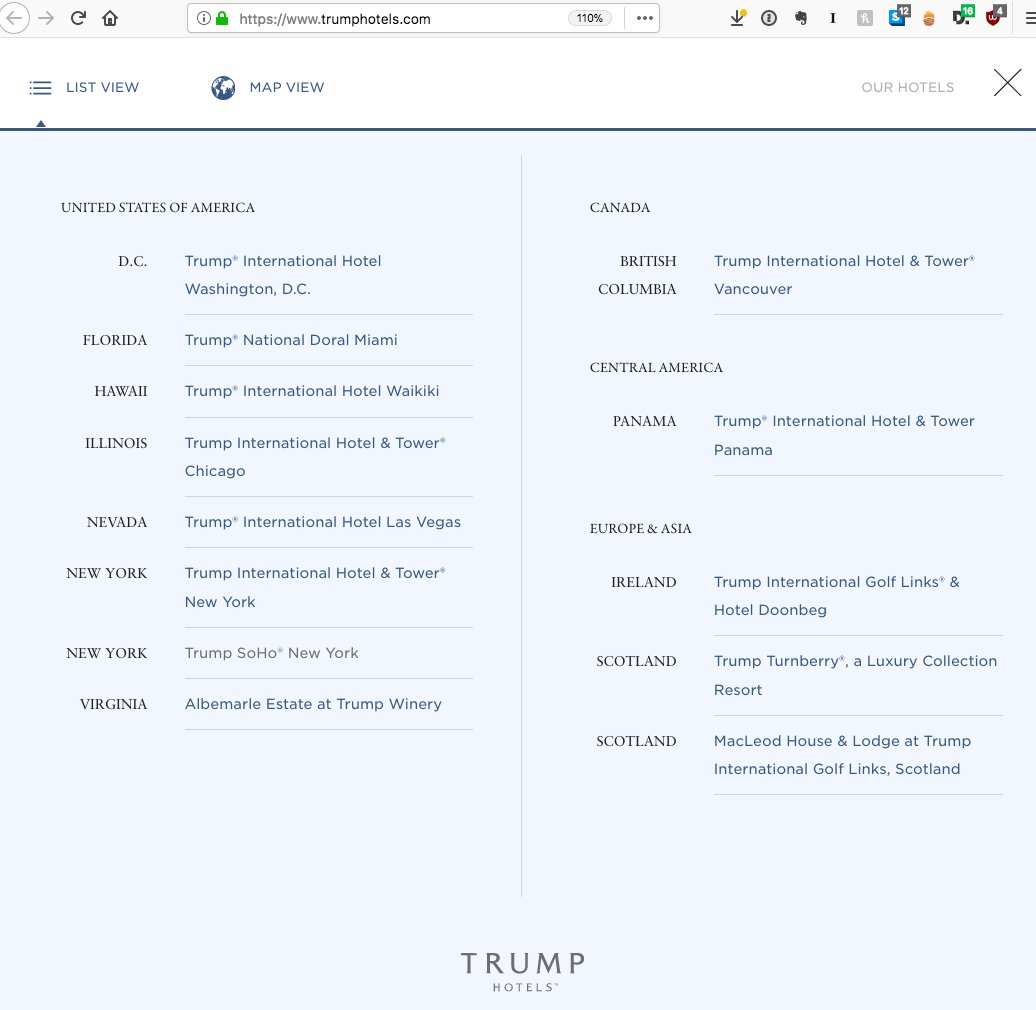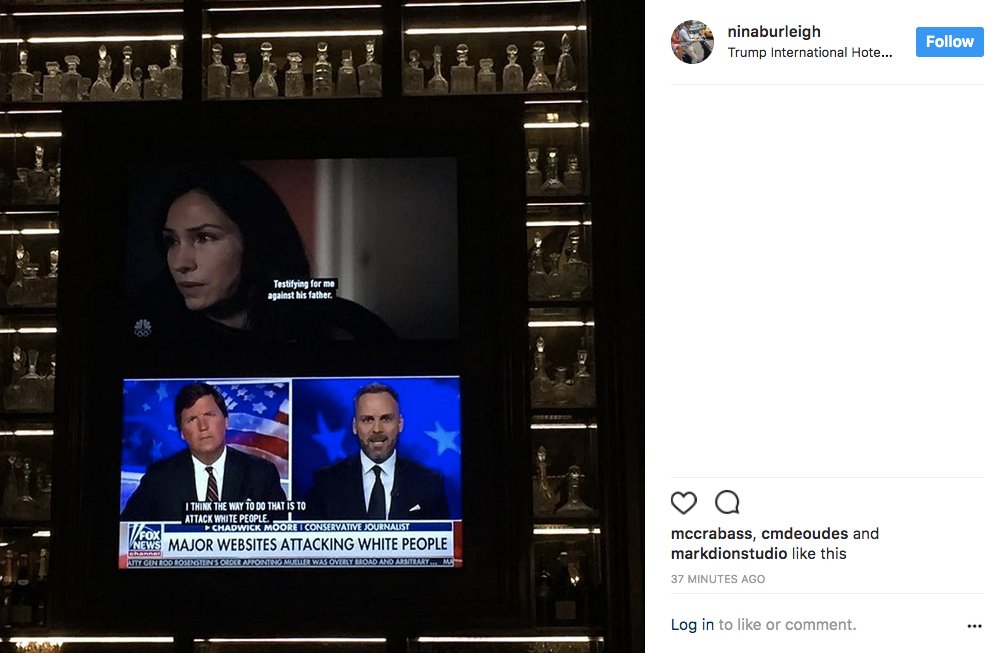A common misconception is that when prices get very high (relative to reasonable estimates of intrinsic value), this is because investors are caught up in erroneous beliefs.
I shd pause & stress that when soc scientists as different as Adut (sociology) & Abreu & Brunnermeier (finance) make very similar arguments (see also related lines of research from other fields) we should pay attention!
Not only that, but even if *everyone* prefers Y over X but they don't know that
Q: How do voters learn what other voters are willing to live with?
A: Well-timed endorsements & elections can be key!
To say the "party decides" is too simplistic
Joe will do!!
(washingtonpost.com/opinions/2020/…)
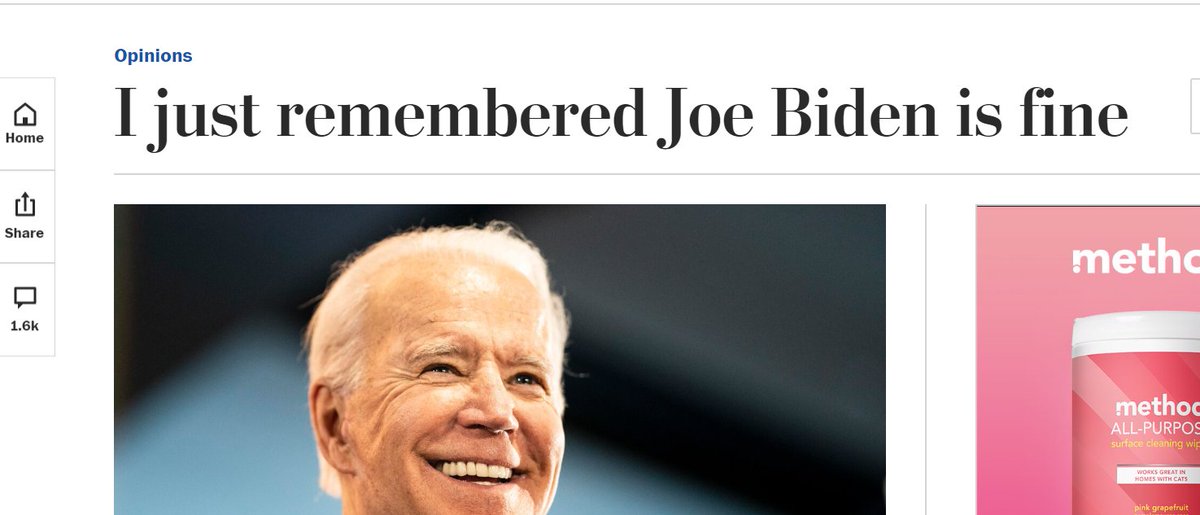
Even if most people would prefer a woman candidate to a man candidate, they may vote for the man. And this is especially likely if-- as seems esp true in this primary-- they mostly care about coordinating around someone who's acceptable.

